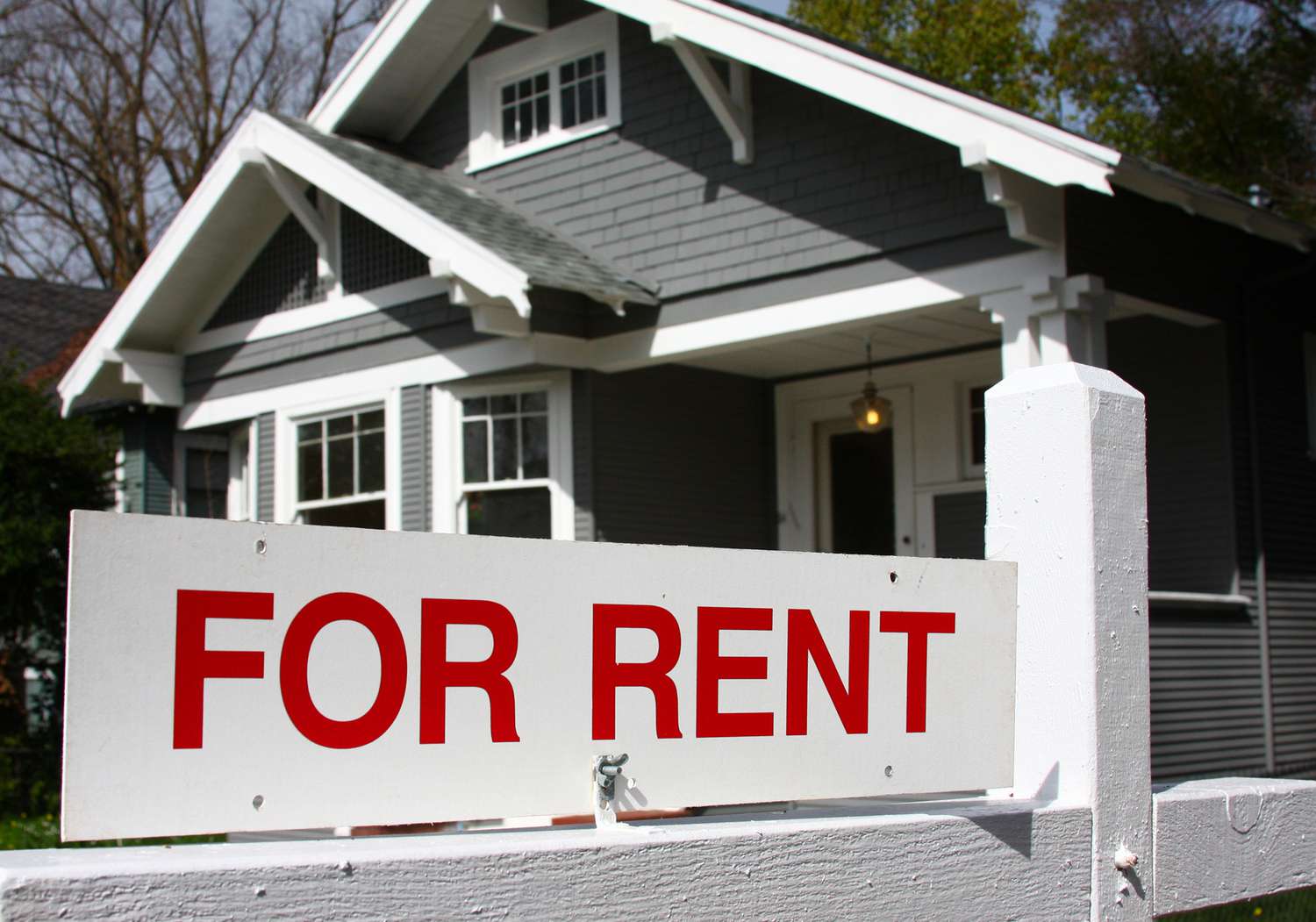Are you dreaming of building wealth through real estate investment? Launching your own rental property business can be an excellent way to generate passive income, build long-term wealth, and achieve financial freedom. However, starting a successful real estate business requires careful planning, strategic decision-making, and a solid understanding of the rental market. In this comprehensive guide, we’ll explore the essential steps to help you kickstart your journey towards building a thriving rental property empire.
- Define Your Investment Strategy: Before diving into the world of real estate investing, it’s crucial to define your investment strategy and goals. Determine whether you’re interested in residential or commercial properties, long-term buy-and-hold investments, or short-term rental opportunities such as Airbnb. Consider factors such as location, property type, target market, and investment timeline when crafting your investment strategy.
- Conduct Market Research: Research local rental markets to identify areas with strong demand for rental properties and favorable rental yields. Analyze market trends, vacancy rates, rental prices, and economic indicators to pinpoint lucrative investment opportunities. Consider working with a real estate agent or property management company with local market expertise to gain valuable insights and guidance.
- Secure Financing: Once you’ve identified potential investment properties, it’s time to secure financing to purchase them. Explore different financing options such as traditional mortgages, private lenders, or partnerships to fund your real estate acquisitions. Calculate your borrowing capacity, evaluate loan terms and interest rates, and ensure you have sufficient funds for down payments, closing costs, and initial property expenses.
- Build Your Team: Building a reliable team of real estate professionals is essential for the success of your rental property business. Seek out experienced professionals such as real estate agents, property managers, contractors, and legal advisors to assist you throughout the investment process. Collaborate with professionals who understand your investment goals and can provide valuable expertise and support.
- Find Profitable Properties: Identify investment properties that align with your investment criteria and offer the potential for positive cash flow and appreciation. Look for properties below market value, distressed properties with renovation potential, or off-market opportunities through networking and direct marketing efforts. Conduct thorough due diligence, including property inspections, financial analysis, and rental market assessments, to ensure you’re making informed investment decisions.
- Renovate and Prepare for Renting: Once you’ve acquired rental properties, invest in renovations and upgrades to maximize their rental potential and attract quality tenants. Focus on essential improvements such as updating kitchens and bathrooms, refreshing paint, replacing flooring, and enhancing curb appeal. Set competitive rental prices based on market comparables and create attractive rental listings to attract prospective tenants.
- Screen Tenants Carefully: Screening tenants thoroughly is crucial for minimizing rental risks and ensuring a positive landlord-tenant relationship. Implement a comprehensive tenant screening process that includes background checks, credit checks, employment verification, and rental history verification. Set clear tenant criteria and rental policies to maintain consistency and fairness in the tenant selection process.
- Manage Properties Effectively: Effective property management is key to the long-term success of your rental property business. Implement systems and processes for rent collection, property maintenance, tenant communication, and lease enforcement to streamline operations and maximize efficiency. Consider hiring a professional property management company to handle day-to-day tasks and ensure your properties are well-maintained and profitable.
- Scale and Diversify: As your rental property business grows, explore opportunities to scale your portfolio and diversify your investments. Reinvest profits into acquiring additional properties, expanding into new markets, or exploring different property types and investment strategies. Continuously monitor market trends, adapt to changing conditions, and seek opportunities to optimize your rental property portfolio for maximum returns.
Starting your own real estate business with rental properties requires dedication, persistence, and a willingness to learn and adapt to market conditions. By following these essential steps and staying informed about industry trends and best practices, you can build a successful rental property business that generates passive income and helps you achieve your financial goals.


 Facebook
Facebook
 X
X
 Pinterest
Pinterest
 Copy Link
Copy Link


